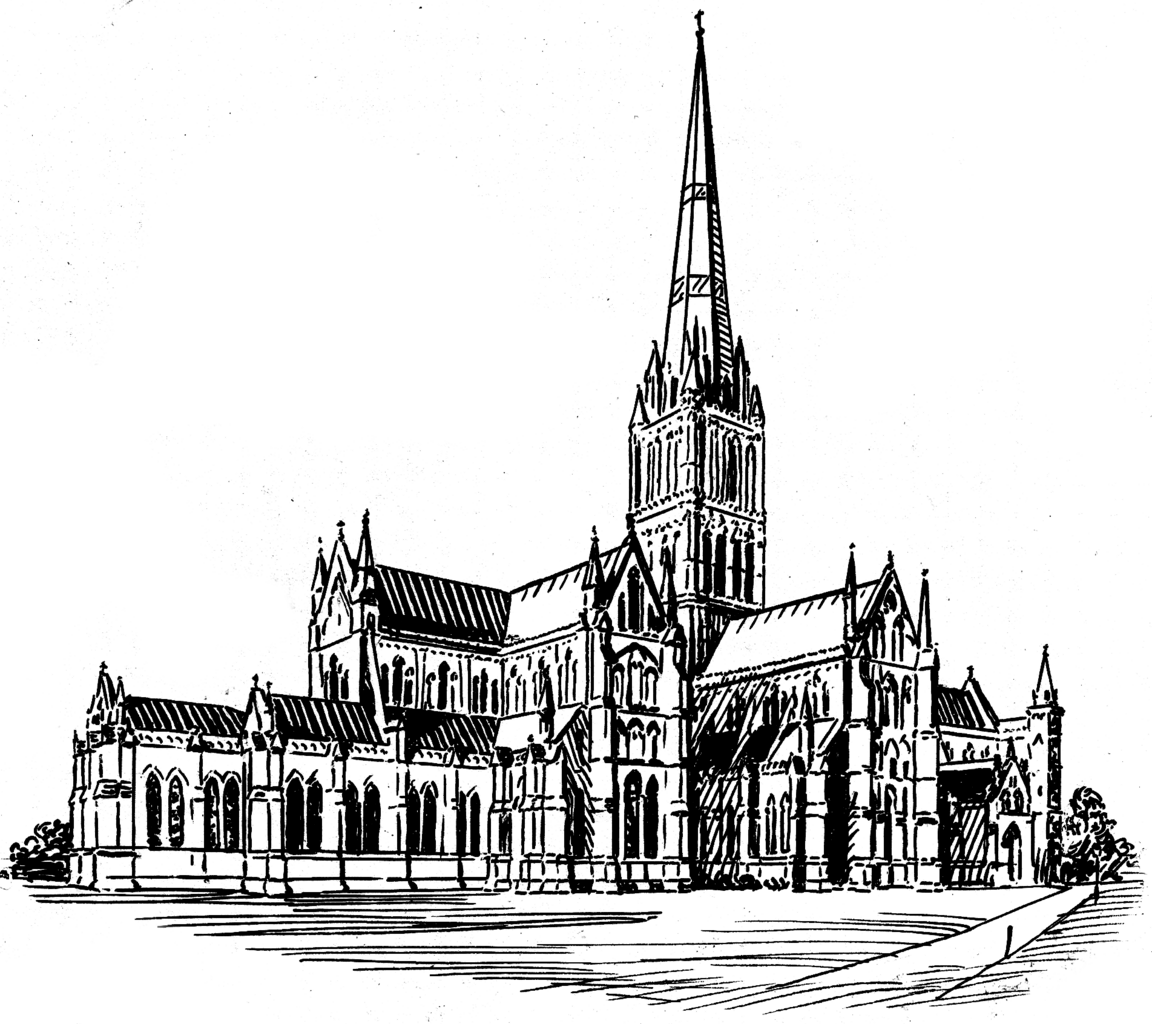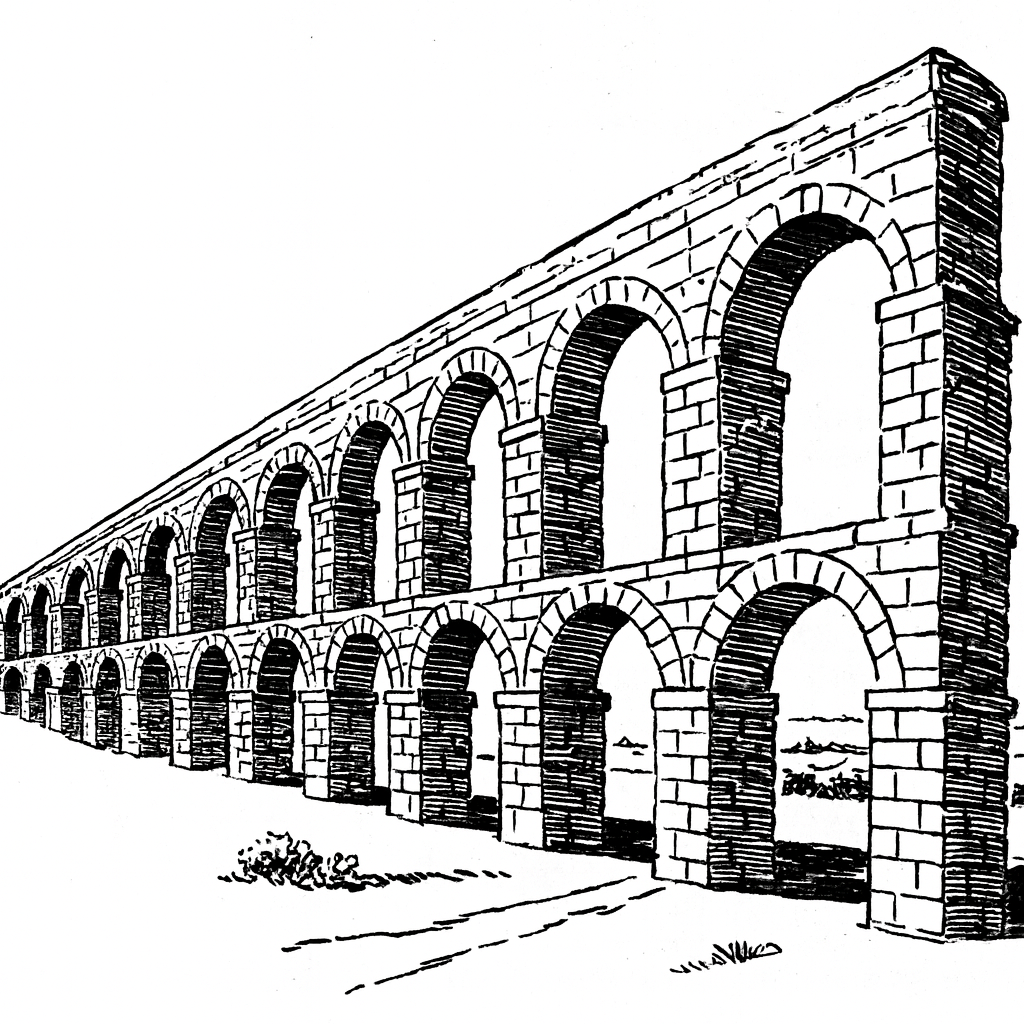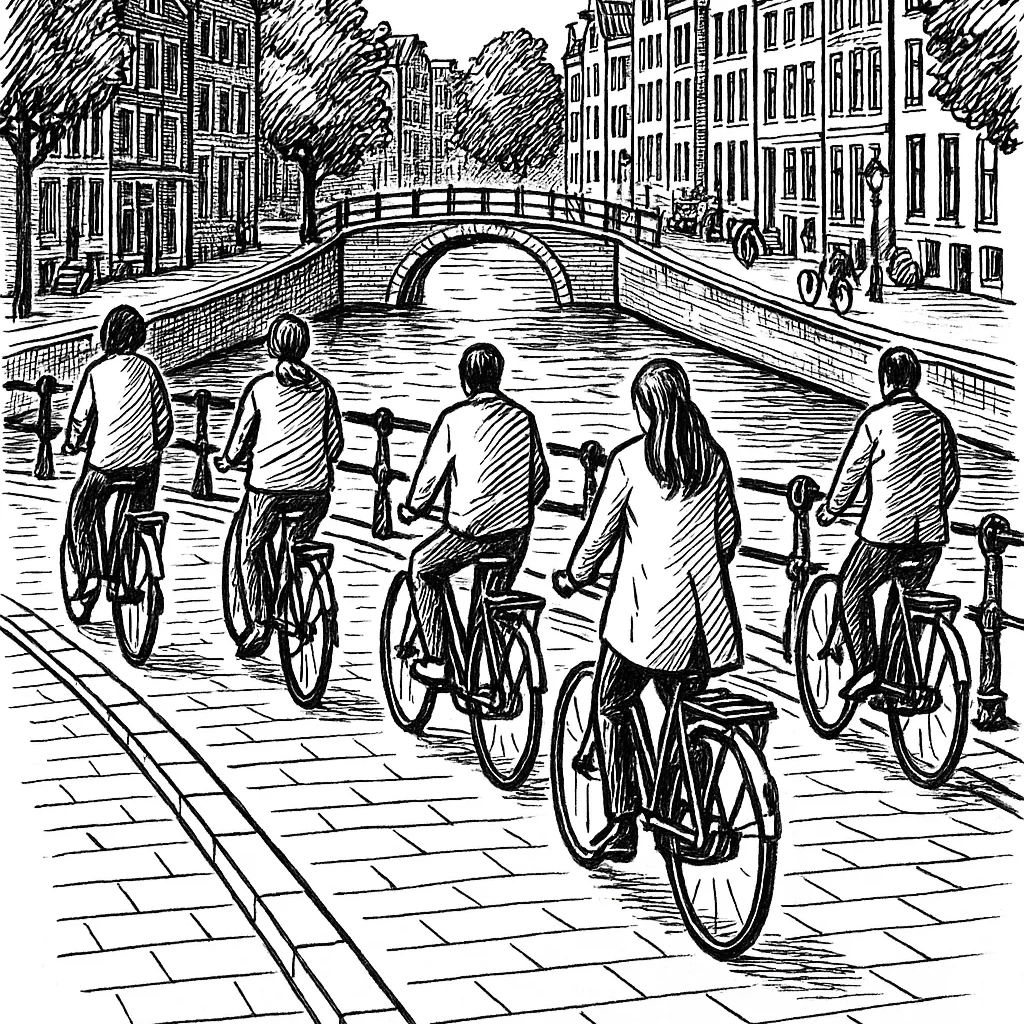Low / No Tech
Last updated: October 30, 2025
One of my favorite rituals is sitting in the sauna. The heat is quieting. Time slows down. In the corner there’s a small hourglass — a simple sand timer that measures fifteen minutes. No electronics, no beeps, no Bluetooth. Just sand falling through a narrow glass throat. It works as well today as it did centuries ago.
I love that! In a place too hot for anything digital to survive, the hourglass keeps doing its job. It’s honest technology: nothing hidden, nothing networked, nothing to update. Watching the sand run out feels truer than staring at a clock. It’s time you can see, not just measure.
Everything now has an app. Even things that don’t need one. The thermostat is online. The fridge is online. Even the baby monitor has an app. It’s exhausting.
It got me thinking about inventions that never needed any of this. The ones that solved such a fundamental problem they’ve endured for centuries. They look almost the same today as when they were first invented.
The hourglass. Plumbing. The bicycle.
Timers
In the Middle Ages, monks needed a way to pray at fixed times during the day and night. But you couldn’t rely on the sun for that. So in the 14th century, at Salisbury Cathedral in England, they built one of the world’s first mechanical clocks. It struck the hours with a bell. The rhythm of time became something you could measure, not just guess.

Before that, life was vague. You woke with the sun, worked until dark, and measured in rough stretches: morning, noon, evening. Imagine trying to coordinate anything more precise - like baking bread - without a way to measure minutes.
The hourglass was the personal version of that idea. It didn’t need gears or metal — just gravity. Sailors used them to mark watches at sea. Bakers still use them for bread. I use one sometimes to time my newborn’s feeds. It’s a reminder that the simplest way to track time still works.
Turn it over, and it starts again. No batteries, no software, no patch notes. Just a perfect loop — like breathing.
(Related: The Monks Who Make Chartreuse Don’t Care About Your Fancy Cocktails)
Plumbing
The Cloaca Maxima in ancient Rome was one of the first great public sewers. Built in the 6th century BC, it was so durable that parts of it still function today. Imagine: stone tunnels carrying waste out of the city for over two thousand years.

Before systems like this, waste and water mixed freely. People dumped sewage in the street. Wells were contaminated. Epidemics swept through towns again and again. London’s “Great Stink” of 1858 - when the Thames was so polluted the smell shut down Parliament - wasn’t even that long ago.
Plumbing was the unlock. Clean water in. Wastewater out. Cities could suddenly grow without being death traps. Plumbing today is still pipes and pressure. It hasn’t really changed. And it’s invisible, which is probably the best compliment an invention can get.
Bicycles
In Amsterdam, there are more bicycles than people - about ~900,000 bikes for about 800,000 people. At rush hour, you see entire rivers of cyclists moving faster than cars, quietly filling the streets. The bicycle isn’t nostalgia there; it’s the backbone of daily life.
The unlock was personal freedom. Before bicycles, if you couldn’t afford a horse, you walked. Journeys of a few miles were long ordeals. The “safety bicycle” of the 1880s - two equal-sized wheels and a chain changed that. Suddenly anyone could travel 5 or 10x faster than walking, powered only by their own legs. Susan B. Anthony called it the “freedom machine” because it gave women independence in a way nothing else had.

Even now, a bicycle is one of the most efficient machines ever built. More efficient than walking. More efficient in some ways than a car. Two wheels, a frame, a chain - and yet it’s enough to reshape a city.
Some inventions don’t ask to be upgraded - they remind us that the simplest solutions are often the most enduring.